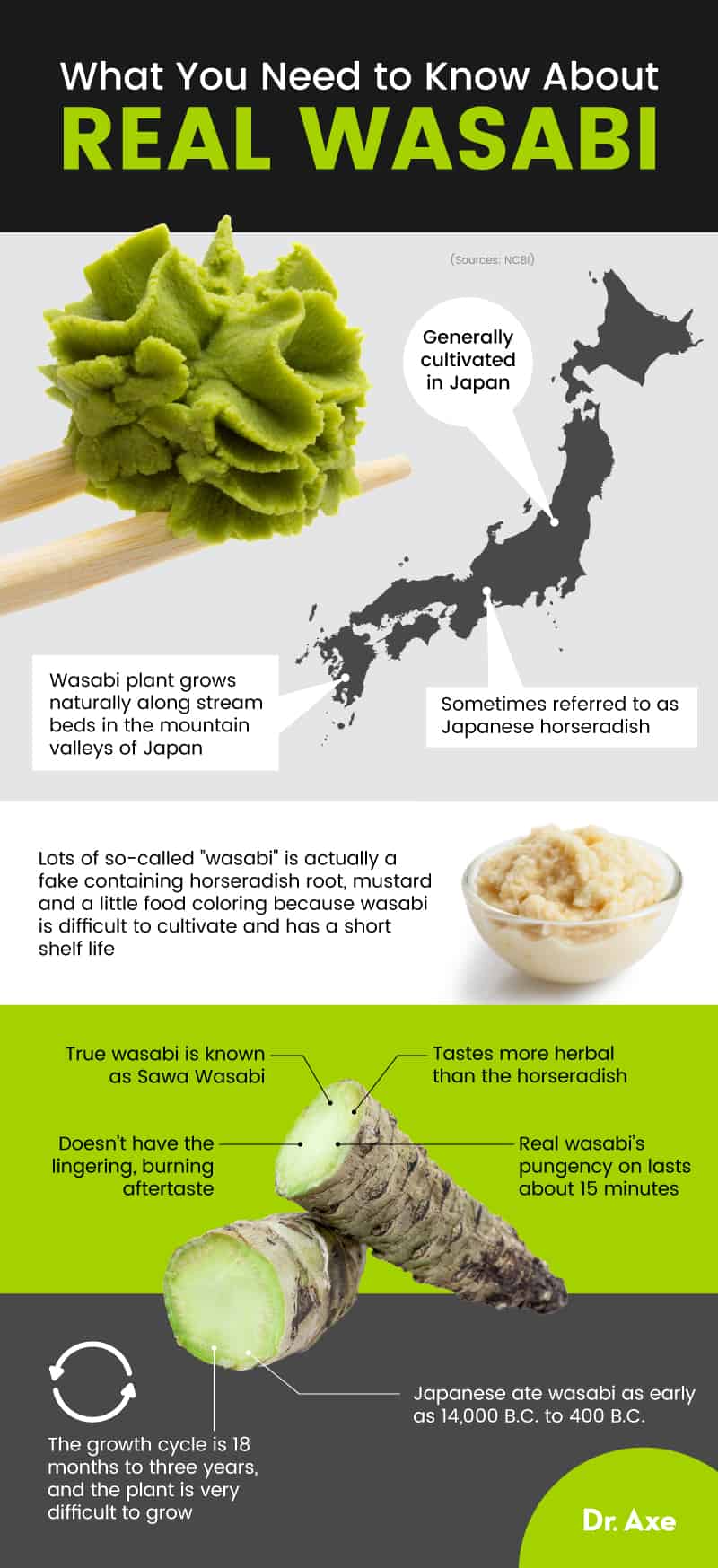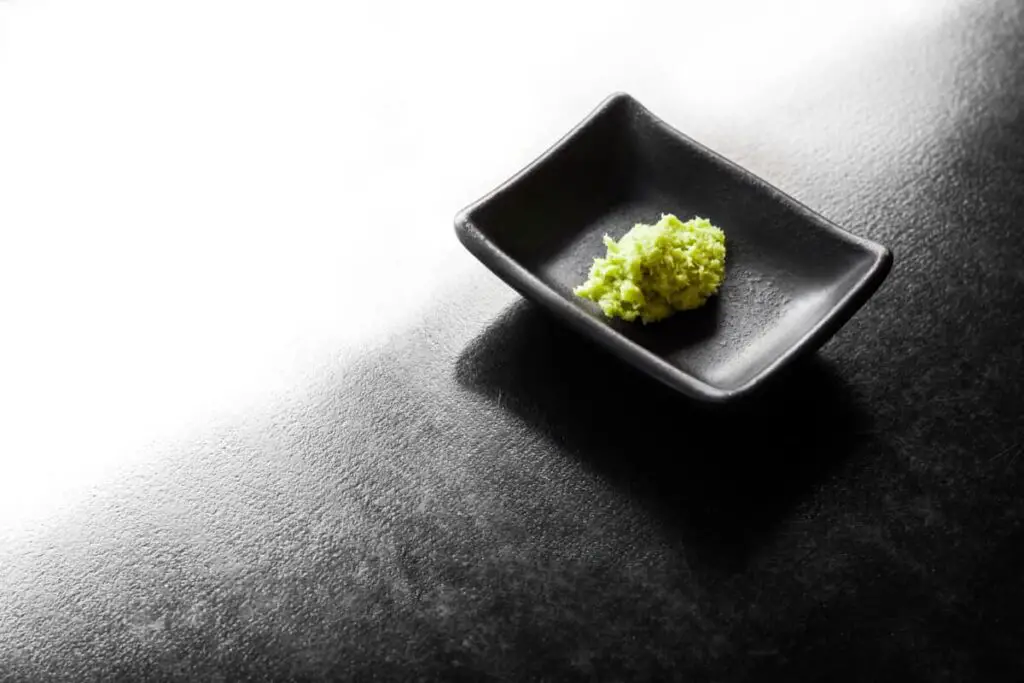Why Does Wasabi Hurt My Brain

Brain Cancer and eating Wasabia japonica A recent study has shown that brain cells that have been excited by the consumption of unique Isothiocyanates found in the.
Why does wasabi hurt my brain. This chemical is what. When you start eating. Wasabi and horseradish are both made from plants of the cabbage famly.
Wasabi is a special kind of spice because unlike hot chili peppers turmeric or other spices its pungency does not stay in the mouth. The green condiment that comes in packaged Sushi. This triggers a nerve response in the.
If you ever do eat wasabi then here is something that you can do. Researchers at the University of California at San Francisco studied isothiocyanates. As we eat wasabi or horseradish allyl isothiocyanate vapors travel through the back of the mouth and up into the nasal cavity.
But more than often that is actually not wasabiits just horseradish. You are feeling the wasabi in your sinus cavities. That means that given the concentration of AITC in wasabi about 200 mg100g or 02 a person would have 50 risk.
The active ingredient in wasabi. Run to the nearest. Wasabi is not hot or spicy when compared to peppers like jalapeno chili or habanero peppers even though it may feel like it is.
Many of us might have thought we had wasabi. It is probably wasabi. They meant it as a joke and heres.

Researchers at the University of California at San Francisco studied isothiocyanates.
Why does wasabi hurt my brain. Recently I was given by my loving family a can of Wasabi Peas. That means that given the concentration of AITC in wasabi about 200 mg100g or 02 a person would have 50 risk. Run to the nearest.
Wasabi is not hot or spicy when compared to peppers like jalapeno chili or habanero peppers even though it may feel like it is. The green condiment that comes in packaged Sushi. It so happens that wasabi and mustard oil is packed with chemicals called isothyocyanates.
When TRPA1 sniffs something it recognizes it causes the nerve cell to send a signal to the brain. When the cells in the roots are chewed they release a compound called allyl isothiocyanate. One of the molecules TRPA1 recognizes is a class of chemicals.
Answered 1 year ago Author has 111K answers and 85M answer views. Wasabi is a special kind of spice because unlike hot chili peppers turmeric or other spices its pungency does not stay in the mouth. This is your nervous system saying Damn this is irritating because nerve fibers are being activated.
Many of us might have thought we had wasabi. That is why you should NEVER EVER eat wasabi. They meant it as a joke and heres.
If you ever do eat wasabi then here is something that you can do. Wasabi and horseradish are both made from plants of the cabbage famly. This chemical is what.

If you ever do eat wasabi then here is something that you can do.
Why does wasabi hurt my brain. This is your nervous system saying Damn this is irritating because nerve fibers are being activated. As we eat wasabi or horseradish allyl isothiocyanate vapors travel through the back of the mouth and up into the nasal cavity. But more than often that is actually not wasabiits just horseradish.
This chemical is what. It is probably wasabi. That is why you should NEVER EVER eat wasabi.
It so happens that wasabi and mustard oil is packed with chemicals called isothyocyanates. The active ingredient in wasabi. Its just your sinuses getting a little agitated.
Wasabi is not hot or spicy when compared to peppers like jalapeno chili or habanero peppers even though it may feel like it is. You are feeling the wasabi in your sinus cavities. Wasabi cannot make anyones brain sting.
The compounds in wasabi might also help scientists develop a new treatment for pain. Many of us might have thought we had wasabi. When the cells in the roots are chewed they release a compound called allyl isothiocyanate.
This triggers a nerve response in the. That means that given the concentration of AITC in wasabi about 200 mg100g or 02 a person would have 50 risk. Run to the nearest.






